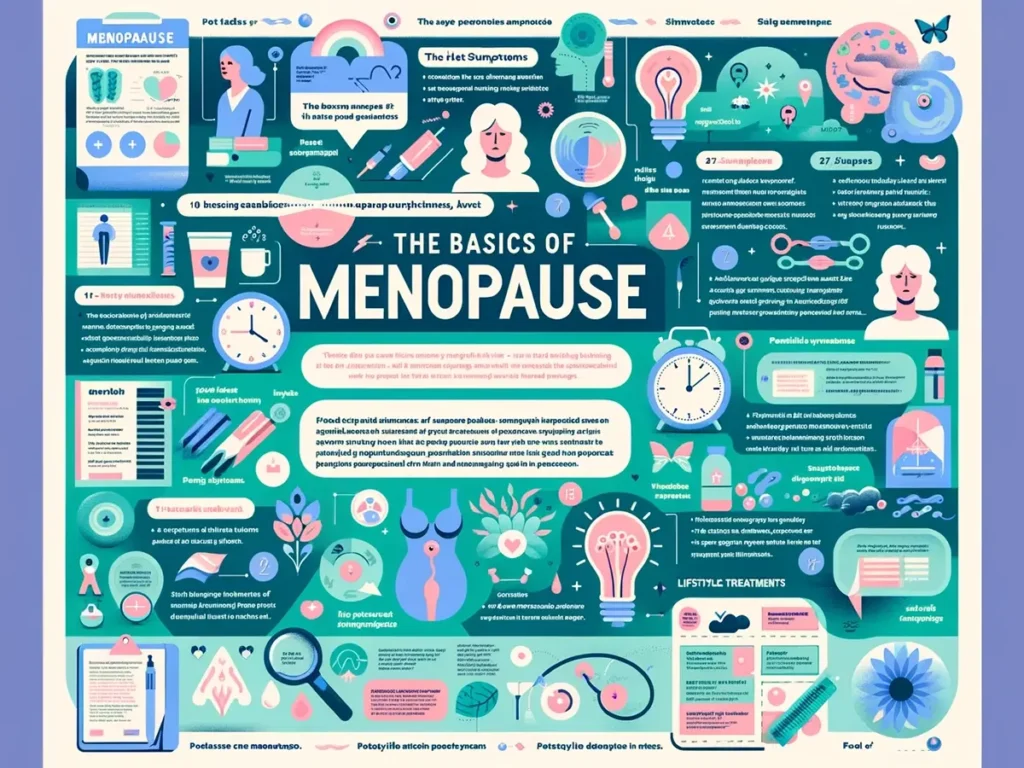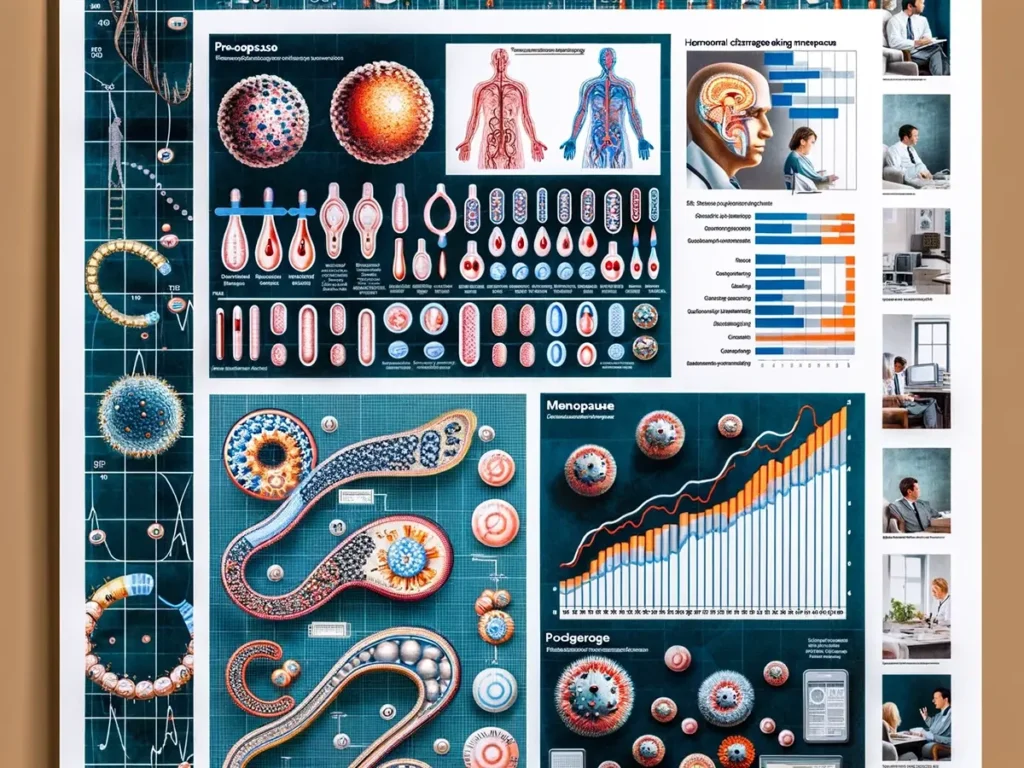Menopause is a natural biological process that marks the end of a woman’s reproductive years. It is a significant milestone in a woman’s life and is characterized by hormonal changes. Menopause is not a sudden event but a gradual transition over several stages. In this article, we will explore the different stages of menopause, from perimenopause to postmenopause, and understand the changes that occur during each stage.
Perimenopause
Perimenopause is the stage before menopause, typically starting in a woman’s 40s but can begin as early as the mid-30s. During this stage, a woman’s body produces less estrogen, the hormone responsible for regulating the menstrual cycle. As a result, menstrual periods may become irregular, and women may experience symptoms such as hot flashes, night sweats, mood swings, and vaginal dryness. Perimenopause can last for several years before menopause is officially reached.
Menopause
Menopause is the point at which a woman has not had a menstrual period for 12 consecutive months. It usually occurs around age 51, but the timing can vary for each woman. The ovaries stop releasing eggs at this stage, and estrogen levels significantly decrease. The symptoms experienced during perimenopause may continue during menopause, and women may also experience additional symptoms such as sleep disturbances, weight gain, and urinary problems.
Postmenopause
Postmenopause is the stage that follows menopause. During this stage, a woman’s body has completed the transition and has fully adjusted to the hormonal changes. Menopausal symptoms tend to decrease, but some women may continue to experience them to a lesser extent. Estrogen levels remain low, which can lead to long-term health effects such as an increased risk of osteoporosis and heart disease. Women in the postmenopausal stage need to maintain a healthy lifestyle, including regular exercise, a balanced diet, and routine healthcare check-ups.
Conclusion
Understanding the different stages of menopause is crucial for women to navigate this significant life transition. From perimenopause to postmenopause, each stage brings its own set of challenges and changes. By being aware of these stages and the associated symptoms, women can seek appropriate medical care and make necessary lifestyle adjustments to manage the effects of menopause effectively. Remember, menopause is a natural part of life, and with the right support, women can embrace this new chapter with confidence and vitality.






